Top 10 Historical Events on January 22

January 22 is not just any ordinary day. It's a day that has seen some of the most important events in history, from wars and revolutions to discoveries and inventions. Here are 10 things you didn't know happened on January 22, in chronological order:
No.1:The Pope got his personal bodyguards

On January 22, 1506, the first group of 150 Swiss Guards arrived at the Vatican to serve as the personal bodyguards of Pope Julius II. They are still active today, making them the oldest and longest-serving military unit in the world.
No.2:The King of England was dethroned
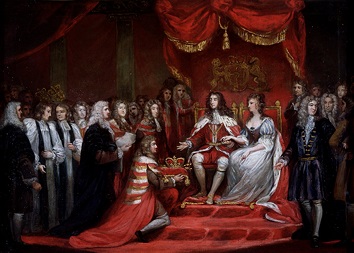
On January 22, 1689, the Convention Parliament convened in England to decide the fate of King James II, who had fled the country after the Glorious Revolution of 1688. The parliament declared that James had abdicated the throne and offered it to his daughter Mary and her husband William of Orange, who became the joint monarchs of England, Scotland and Ireland.
No.3:The Falkland Islands were seized by Spain
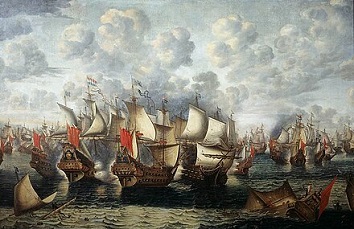
On January 22, 1771, the Falkland Crisis began when Spain seized the British-controlled Falkland Islands in the South Atlantic. The crisis escalated into a diplomatic standoff between Britain and Spain, with France and other European powers intervening to prevent a war. The crisis was resolved peacefully in 1774, when Spain agreed to return the islands to Britain under certain conditions.
No.4:The British army suffered a crushing defeat by the Zulus
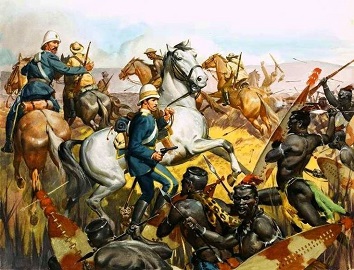
On January 22, 1879, the Battle of Isandlwana took place during the Anglo-Zulu War in South Africa. The Zulu army of King Cetshwayo inflicted a crushing defeat on the British forces, killing over 1,300 soldiers and capturing their weapons and supplies. The battle is considered one of the worst defeats in British colonial history and a major victory for the Zulu nation.
No.5:The Queen of the United Kingdom died

On January 22, 1901, Queen Victoria of the United Kingdom died at the age of 81, after a reign of 63 years and seven months. She was succeeded by her eldest son, Edward VII, who became the first monarch of the House of Saxe-Coburg and Gotha. Victoria's death marked the end of the Victorian era, a period of cultural, social, political and industrial change in Britain and the world.
No.6:The Tsar of Russia faced a bloody revolt
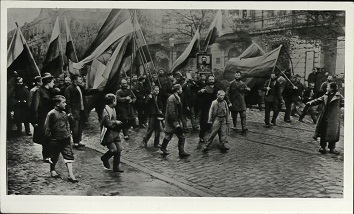
On January 22, 1905, the Bloody Sunday massacre occurred in St. Petersburg, Russia, when troops of the Imperial Guard fired on a peaceful demonstration of workers and peasants, who were marching to the Winter Palace to present a petition to Tsar Nicholas II. The massacre sparked widespread protests and strikes across the country, leading to the 1905 Russian Revolution and the establishment of the first Duma (parliament).
No.7:The Allies landed in Italy to liberate Rome
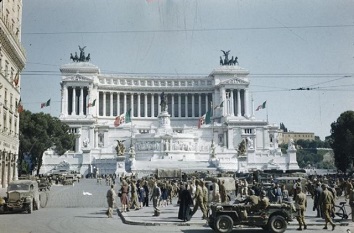
On January 22, 1944, the Allied forces landed at Anzio, Italy, as part of the Operation Shingle. The amphibious assault was intended to outflank the German defensive line known as the Winter Line and open the way to Rome. However, the operation met with fierce resistance from the German troops and resulted in a four-month stalemate, with heavy casualties on both sides.
No.8:The Lunar Module was tested for the first time
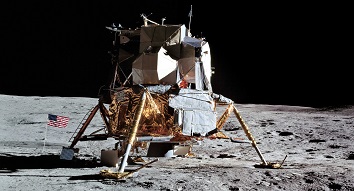
On January 22, 1968, the Apollo 5 mission was launched from Cape Kennedy, Florida, as the first unmanned test flight of the Lunar Module (LM), the spacecraft that would later land humans on the moon. The mission successfully demonstrated the LM's ascent and descent engines, its ability to separate from and dock with the Command and Service Module (CSM), and its guidance and control systems.
No.9:Abortion was legalized in the United States
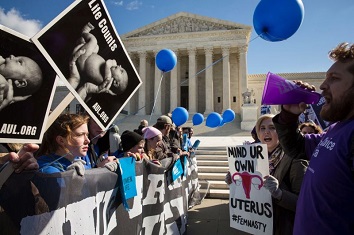
On January 22, 1973, the Supreme Court of the United States delivered its landmark ruling in the case of Roe v. Wade, legalizing abortion in the United States. The decision, based on the constitutional right to privacy, granted women the right to choose whether to terminate their pregnancies, subject to some state regulations. The ruling sparked a nationwide debate and controversy over the issue of abortion, which continues to this day.
No.10:The Salvadoran Civil War ended
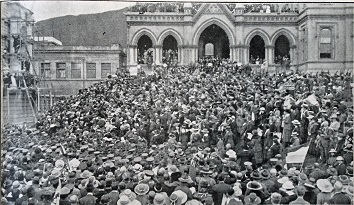
On January 22, 1992, rebel forces in El Salvador signed a peace agreement with the government, ending the Salvadoran Civil War that had lasted for 12 years. The war, which claimed the lives of over 75,000 people and displaced more than a million, was fueled by social and economic inequalities, political repression, and foreign intervention. The peace agreement, brokered by the United Nations, established a new constitution, a reformed army, a truth commission, and a program of land reform.
Related News
Top 10 Best Countries to Live In on the world
Denmark consistently ranks high in quality of life, healthcare, education, and overall happiness. The country is known for its strong social welfare system, excellent work-life balance, and high standard of living.
Top 10 Richest People in Italy 2023
Giovanni Ferrero, the heir to the Ferrero Group, takes the top spot on the Forbes list. The Ferrero Group is renowned for its iconic confectionery brands, including Nutella and Ferrero Rocher. Under Giovanni's leadership, the company has expanded globally, solidifying its position as one of the world's leading chocolate manufacturers.
Top 10 Ways to Celebrate New Year
Ingredients details Main ingredients Indian milk tofuAppropriate amountPeasAppropriate amountTomatoesAppropriate amountCilantroAppropriate amountExci...
Top 10 Slowest Spoken Languages
Maa, also known as Maasai, is spoken by the Maasai people of East Africa. This language is renowned for its unhurried pace, with speakers taking deliberate pauses between words. The Maasai people value eloquence and clarity in communication, leading to a measured and deliberate speech pattern.




Comment Record:
Reply to comments: